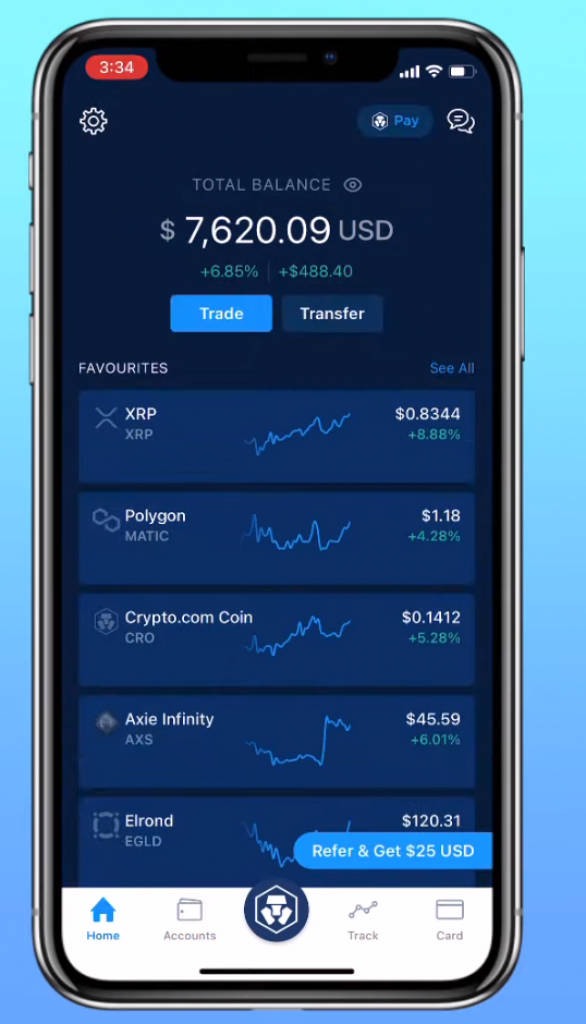
A recent report from the Central Bank of Bolivia (BCB) revealed that virtual asset transactions in Bolivia have more than doubled in the last three months following the country’s decision to lift its ban on Bitcoin in June.
During the period between July and September, the average monthly trade volume skyrocketed to $15.6 million, compared to $7.6 million in the first half of the year. This significant increase led to a total transaction value of $46.8 million for the quarter, surpassing the previous six months.
This surge in transactions came after the implementation of Resolution 082/2024 on June 25, which allowed for the use of electronic payment methods for purchasing and selling virtual assets, with stablecoins being the most commonly used in transactions.
Acting president of the BCB, Edwin Rojas, stated during a press conference:
“The BCB is at the forefront of crypto asset adoption in Bolivia. We are making rapid progress towards an economy that embraces digital financial tools.”
The number of virtual asset transactions also saw a 141% increase, rising from 932,000 to 1,123,000 during the same period. This growth reflects the growing acceptance of virtual assets among both financial institutions and individual users.
BCB officials collaborated closely with the Financial System Supervisory Authority (ASFI) and the Financial Investigations Unit to implement the regulation, aligning with guidelines from the Latin American Financial Action Task Force (GAFILAT).
Following the introduction of the resolution, six financial intermediaries began processing virtual asset transactions through electronic payment methods, with the majority of trades being conducted by individuals.
Rojas Ulo added:
“The transition to virtual assets is a significant step in modernizing Bolivia’s economy and connecting it with global markets. This regulation offers our citizens an alternative means for cross-border transfers and electronic payments.”
Since the implementation of the regulation, the BCB has included virtual assets in its 2024 Economic and Financial Education Program, hosting 33 workshops nationwide. Over 3,000 participants attended these sessions, aimed at enhancing the public’s understanding of virtual assets, their functioning, and associated risks.
The BCB reiterated its dedication to promoting economic stability and development through these initiatives.



